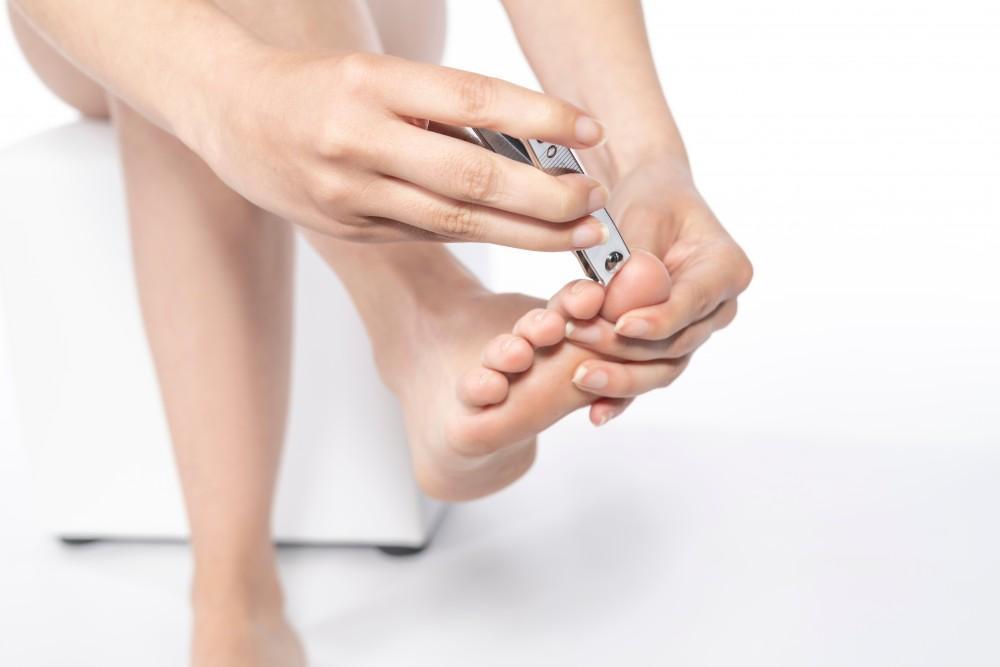
Yes, Athlete’s Foot Is Contagious. Here’s How to Stop the Spread

Infections are the result of bacteria, viruses, germs, and other microorganisms that infiltrate your body through any number of places, including your skin, mouth, and ears. They can also live as part of your microbiome until an imbalance or other factors cause it to be harmful.
Infections can lead to a number of diseases, illnesses, and other problems that range from mild irritations to severe health risks. If you live in the Cherry Hill, New Jersey, area, and you’re dealing with athlete’s foot or other podiatric conditions, our podiatrists at Family Foot and Ankle Center of South Jersey can help.
Conditions like athlete's foot can be a minor annoyance, but if you’re not careful, the infection can spread to other parts of your body. To find out more about how it spreads and what you can do to prevent it, let’s look at what athlete’s foot is, how it can get to other parts of your body, and how you can avoid dealing with the unpleasant effects of its spread.
Understanding athlete’s foot
Also known as tinea pedis, athlete’s foot is a form of fungal infection that frequently starts between your toes and is related to other infections like ringworm and jock itch.
If you’re dealing with itchy, burning rashes on your feet with cracking and peeling skin, chances are you have this infection. The same fungi are involved in all of the aforementioned conditions (dermatophytes), and they all thrive in damp, warm environments.
As a result, things like damp shoes and socks, frequently wearing enclosed footwear, heavy sweating on your feet, or walking barefoot in areas shared by lots of people are all conditions that make it easier for this infection to spread.
How athlete’s foot spreads
The fungi responsible for this infection can easily spread to other parts of the body by the use of your hands.
If you have athlete’s foot and you scratch or peel your feet, you can spread the infection leading to jock itch (by scratching your groin after your feet) or other places where warm, moist environments are common. Contaminated things like clothing, sheets, or rugs can also cause the infection to spread to other parts of your body.
How to prevent athlete’s foot
Here are some basic tips to avoid this foot problem:
Keep your feet dry and clean
Reducing the amount of moisture your feet accumulate helps keep the fungi from thriving, so wash and dry your feet thoroughly to keep them healthy. Use antibacterial soaps if possible, and apply talcum powder or antifungal powders to keep fungi at bay.
Avoid scratching your feet
Scratching your feet gets the fungus in your fingernails and on your fingers, and if you scratch or even touch other areas of your body directly after scratching your feet, it can spread. Avoid the temptation to scratch and use creams and powders to reduce symptoms. Also, wash your hands after contact with your infected feet.
Let your feet get air
Wearing open shoes like sandals that give your feet air helps reduce moisture buildup. Also let shoes that have gotten moist with sweat dry before wearing them again to reduce moisture, and take them off frequently.
Use medicated creams
There are antifungal creams and powders available by prescription or over the counter that can be used to help fight the infection.
Athlete’s foot is an irritating condition that spreads easily but can be managed with treatment and proper home care. If you’re struggling with this or other foot problems, call Family Foot and Ankle Center of South Jersey to schedule an appointment today.
You Might Also Enjoy...


5 Ways to Keep Your Bunion Pain to a Minimum

Gout: What Is It and How Can I Get Rid of It?

Complications of an Untreated Ankle Sprain

Suspect You’ve Broken Toe? How To Tell and What to Do


